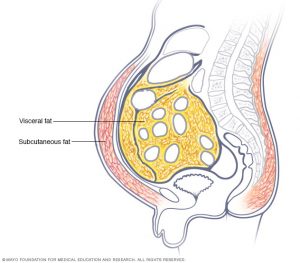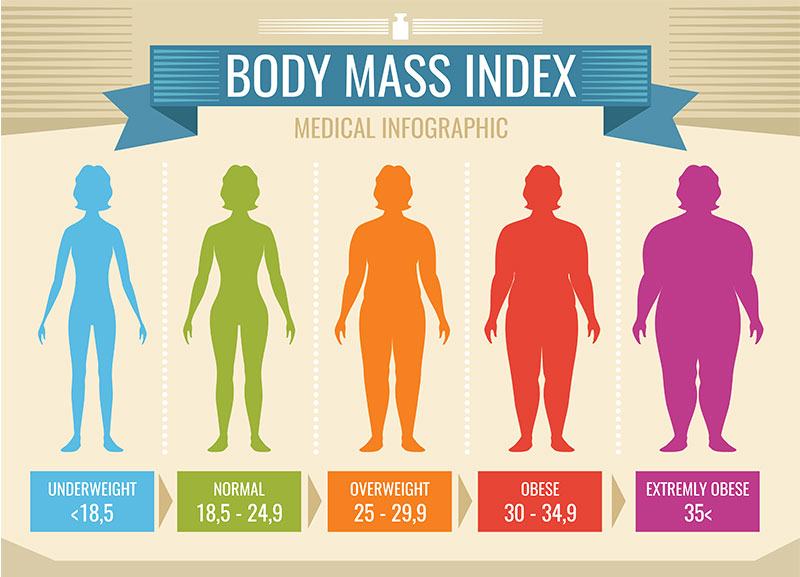Tuesday, January 8
Is My BMI Safe for Cosmetic Plastic Surgery?
[embed]https://youtu.be/zfMSiW57Y5Y[/embed]
What is Body Mass Index BMI and what does it have to do with plastic surgery?
BMI is a measurement that is used to check if your weight is in a healthy range comparative to your height. It is a tool that assists your plastic surgeon when determining safety and suitability for all elective plastic surgery procedures. BMI is a useful measurement for most people over 18 years old. But, it is only an estimate and it doesn’t take into account age, ethnicity, gender and body composition. We also like to check your waist measurement and other risk factors at the time of your consultation.
Waist measurements can predict the amount of internal belly fat which coat the heart, kidneys, liver, digestive organs and pancreas also known as visceral fat. For most adults a waist measurement of greater than 94 cm for men and 80 cm for women is an indicator of higher levels of visceral or internal fat. It is important to note that plastic surgery and liposuction is never an alternative to weight loss achieved through a healthy diet and exercise plan.

How Can I calculate my BMI?
Take our 'am I a candidate quiz' here.
Where do I fit on the BMI scale compared to other adults?
Use the scale below to find out where you sit on the BMI scale below.
Why is a healthy BMI relevant to my plastic surgery procedure?
Studies tell us over and over again that as our BMI increases from the healthy (19-25)to an overweight/Obese range (25+) your chance of developing post surgical complications and delayed wound healing will also increase and can include:
- Wound infection
- Seroma/haematoma (a collection of fluid or blood)
- Delayed or problematic wound healing
- Extended surgical recovery time requiring time off work
- Poor cosmetic outcomes
- Deep Vein Thrombosis DVT
- Anaesthetic complications e.g. breathing issues during and after surgery
- Tissue Necrosis or tissue death
What other factors can increase my risk of complications after plastic surgery?
Other factors that can increase postoperative complications include:
- smoking
- having multiple procedures that require longer periods of time under anaesthetic
- diabetes
- a complex medical history with other health conditions
What can I do BEFORE having plastic surgery:
Be in the best physical shape and ideally at your goal weight. This includes maintaining your goal weight for 6 months prior to plastic surgery. A BMI of 20-25 is ideal but may not be realistic for all, aim for a BMI of less than 30. A BMI in the healthy range will not only improve your suitability for the procedure but also increase the overall safety and your aesthetic result.
Quit smoking NOW! Smoking in all forms sabotages your recovery and plastic surgery results, it's a known fact. We are serious about smoking and plastic surgery - they just don't mix. Ideally quit 6 months before surgery and at minimum 2 months before.
Who can assist me with my weight loss goals?
Please feel free to chat to our friendly team who can provide you with further resources to help you achieve your goals. You may also like to check out the following groups and professionals who can assist:
Dr Eddie Cheng is a board certified Specialist Plastic Surgeon in Brisbane, Australia. Socialise with us @arplasticsurgery to learn more about Dr Eddie Cheng and our Team.
